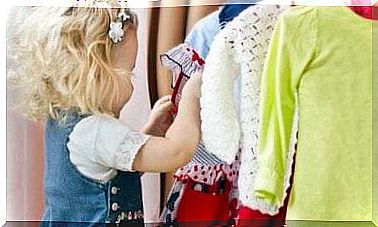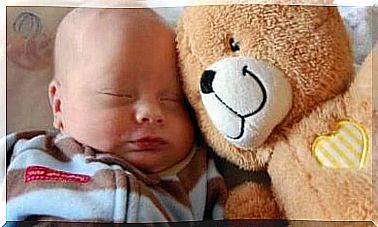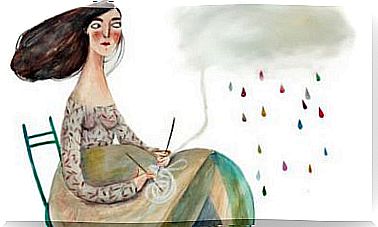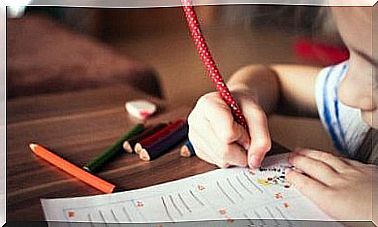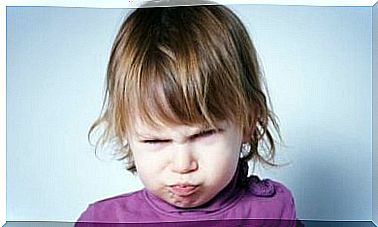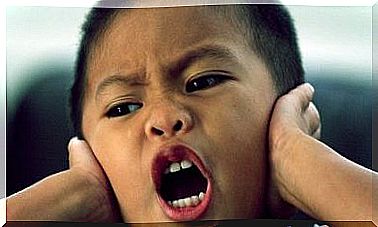What We Publish Online Remains Forever

What we publish on the net is not easily deleted. If a content related to our children, siblings or grandchildren goes viral, it will accompany them for the rest of their lives. With our publications we can promote cyberbullying and pedophilia.
We must not go too far to understand the consequences of our digital actions, just know that what we upload to cyberspace remains there forever. Despite our attempts, we will never be able to completely cancel it.
For these reasons, we must pay particular attention to what we publish on the net , we and our children. We have to think twice before sharing something even if it seems harmless to us.
Overexposure and cyberbullying
Cyberbullying, aka online bullying, can start between the ages of 10 and 12. Most children connect via devices to send photos, not to mention content uploaded by adult family members. Personal images are content that is subjected to this form of bullying.
A ridiculous, inappropriate, or bad photo can become a source of digital bullying. Other children can download and re-publish it, add offensive comments, and even edit it. Very common dynamics nowadays on social networks.
The consequence of these chain publications is that the contents can be changed. Just a web page, a Facebook group or a profile to make them go viral; the results can be traumatic for the child or young person being targeted.

What we publish on the net can be used to highlight the flaws
The current dynamic in social networks tends to enhance irony and sarcasm. Our interactions are aimed at highlighting details and laughing at a post. In the wrong hands, any content about our children can be used as a humiliation tool.
Parents must be the main censors of children’s and family posts. It is not difficult to verify if a content can become offensive, any image can be modified.
In addition to this, many family members who post photos showing their little ones in the house ignore the privacy settings. The result: children’s photos and videos can be viewed and used by anyone in the world.
The Sam Griner effect
You may not know this name, but Sam Griner is a baby we’ve all seen on the web. His photo with a raised fist and a green shirt has been viewed by millions of users around the world. This image has become what is nowadays known as a “meme”.
Her mother posted the popular photo on her profile in 2007. Today we all know this image and have used it on more than one occasion; what we often ignore is that it is a private photo of a real person.
Sam Griner’s experience can show up again with any photo we post on the internet. It is enough for a person with some influence on Facebook or Instagram to take the photo and share it. Some very popular users are dedicated to just that.
What photos should we avoid posting?
- Close-ups: It is not correct to post photos in which the child makes funny things, faces or sensational gestures. Strong gestures are the main source of hilarious memes and photos on the internet.
- Nudes: Although our children are small, posting such a photo is dangerous. We must remember that there are users and pages devoted to pedophilia and child pornography.
- Provocative Poses: This point mainly concerns teenagers. What may seem like an innocent pose can become viral content.

2 tips to protect what we publish on the net
Keeping our profile private is a good way to protect our children’s data. On Facebook we can change the settings so that only our friends have access to our posts. On Twitter and Instagram, the user can decide who can enter their profile.
Care must be taken when tagging family and friends. When you tag someone, the post can be seen by other people we don’t even know. Family members, in turn, must ask for permission before posting photos or videos of our children.
Controlling what we post online is necessary for the emotional well-being and privacy of our children. This recommendation applies to the little ones, but also to parents and teenagers.
